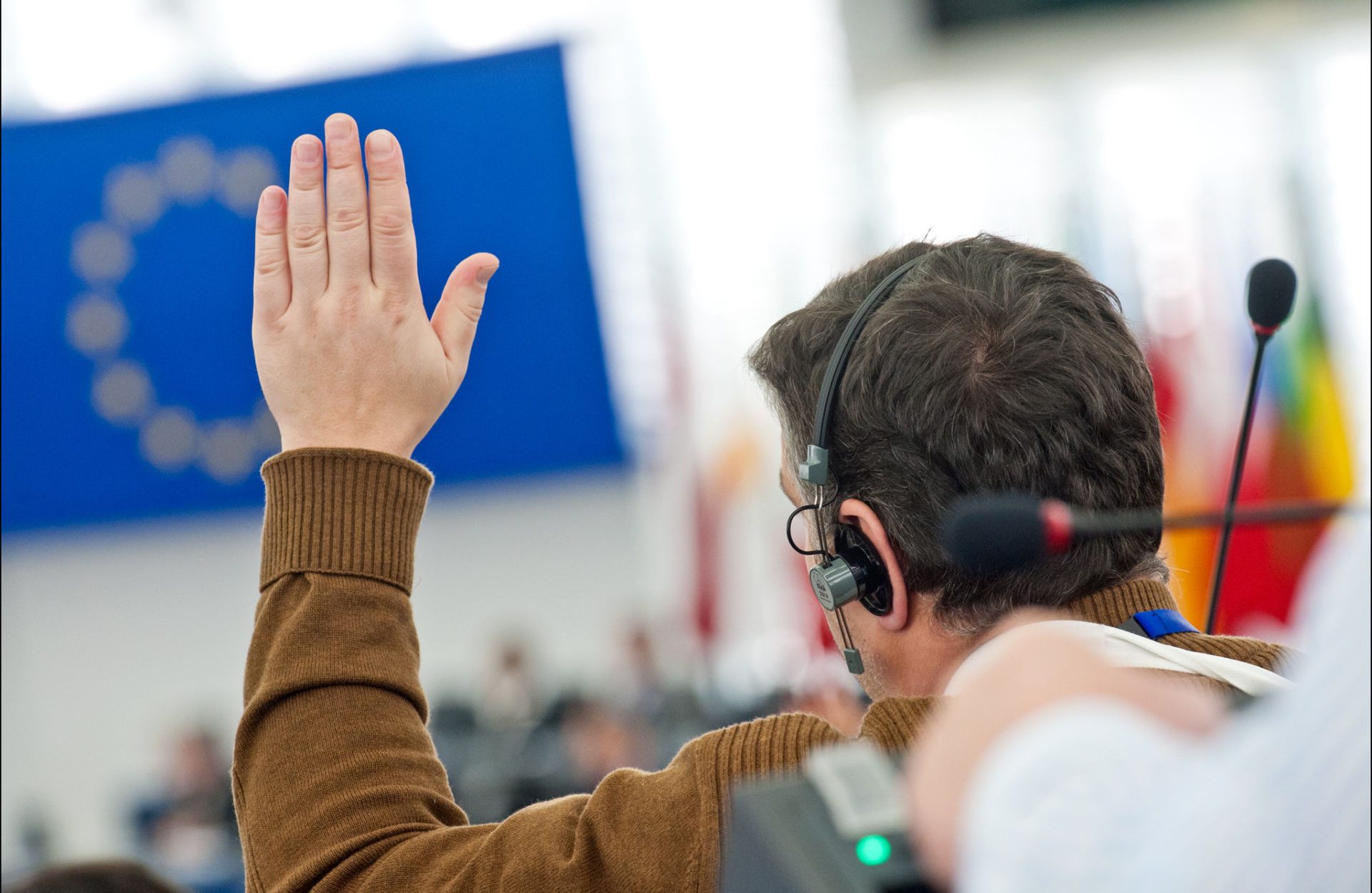With ‘Super Thursday’ behind us, the countdown to the referendum of 23rd June is gaining pace. On that date British citizens over 18, excluding those who have lived abroad (even in Europe) for over 15 years, as well as Irish and Commonwealth citizens living in the UK, will decide whether the UK should remain part of the European Union. Different camps will be asking a range of questions. What is best for the economy? What about our shared culture? And what is left of the post-war dream of a region of peace and prosperity for all, based on democratic values and human rights?
In the first of a series of short articles on Europe, Lacuna Editor-in-chief considers some of the history and record of peace in the EU in What has the EU ever done for us? – Peace. Supporters of the ‘remain’ campaign point to the attainment of peace in Europe as one if its highest ranking achievements. Indeed, war between member states seems unthinkable today. Yet critics note that the EU has been blind to the roots of war elsewhere, inefficient and chaotic in its response to conflict, and all too willing to turn away from difficult questions involving the actions of its member states.
Turning away from Europe, in Inequality is skin-deep: The Buruli ulcer in Benin photojournalist Ana Palacios gives us a glimpse of the human cost of neglecting this tropical skin disease. According to the World Health Organisation, Neglected Tropical Diseases affect around one billion people worldwide, yet they receive little attention and resources, despite their impact on economic development and quality of life. Across southern Benin, Buruli destroys skin and soft tissues, causing huge ulcers, usually on the arms and legs; if untreated, it disfigures the body and deforms limbs to the extent that amputation may be required. Raising awareness of this disease is a step in the right direction towards its eradication.
